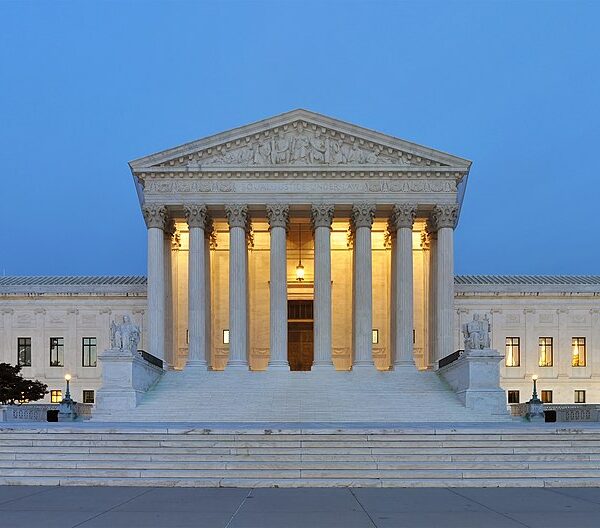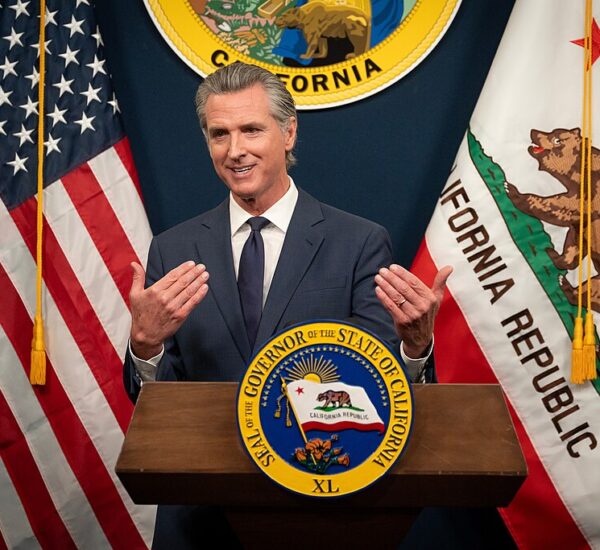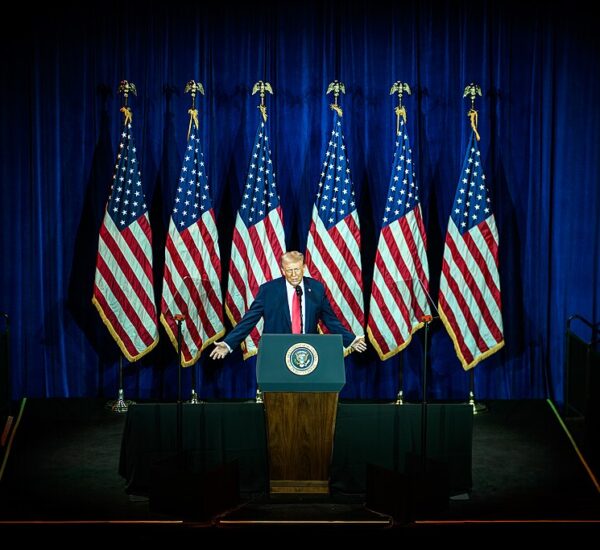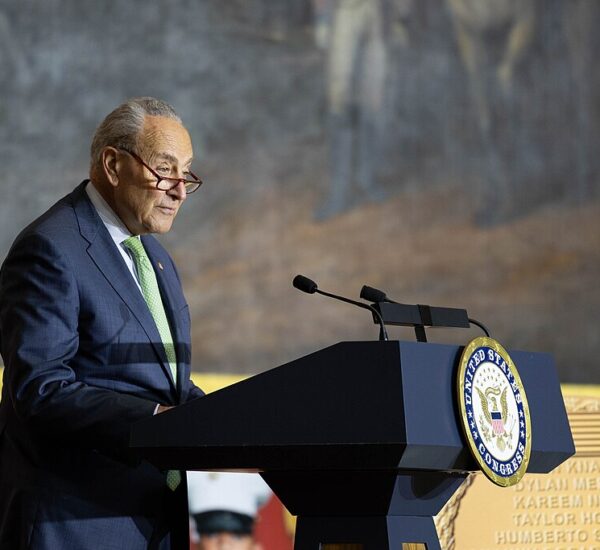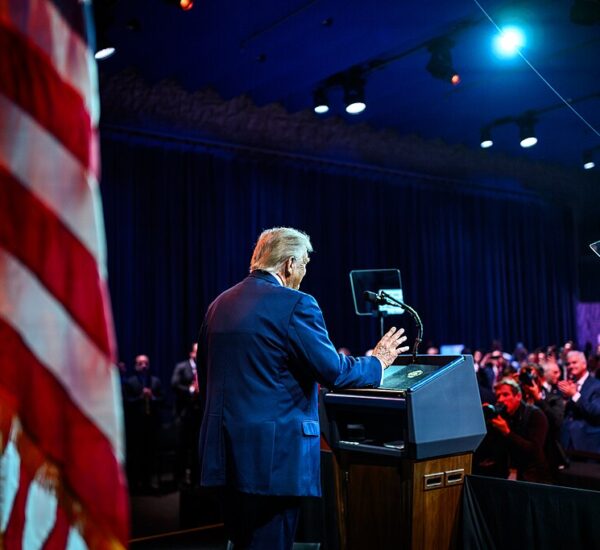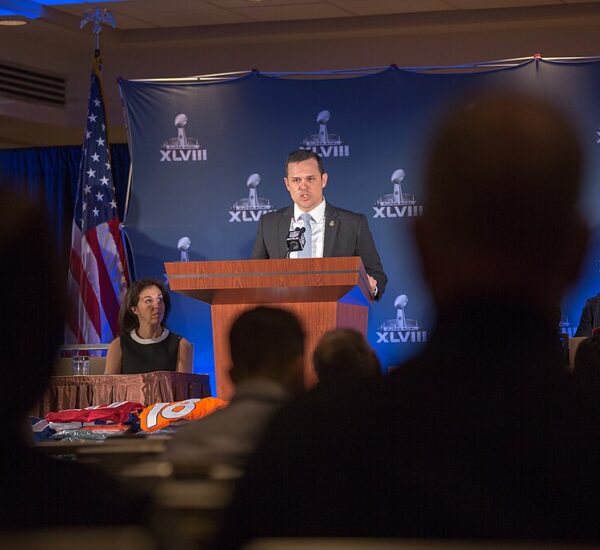The media is saying Trump is copying Obama’s deal, but here are the actual facts.
In a bold move no one saw coming, President Donald Trump launched surprise negotiations with Iran last month — stunning even close allies like Israeli Prime Minister Benjamin Netanyahu. While Netanyahu flew to Washington seeking support for a military strike, Trump was already preparing for high-level nuclear talks.
According to inside sources, Netanyahu learned just 24 hours before a joint appearance that U.S.-Iran talks were beginning within days. The Israeli leader had expected a united front against Iran’s nuclear program — not a pivot to diplomacy.
🔥 Why Is Trump Talking to Iran Now?
Trump’s goal is simple but critical: stop Iran from ever building a nuclear bomb — without repeating the mistakes of the disastrous Obama-era deal. So far, three rounds of talks have been held in April, with a fourth scheduled soon in Rome.
The stakes couldn’t be higher. The Islamic regime in Tehran remains defiant, but pressure is mounting. Iran knows Israel may strike — with or without a deal.
⚠️ Key Concessions on the Table
Sources familiar with the negotiations reveal that:
- Iran would have to cap enrichment at 3.67% — far below weapons-grade.
- Tehran must reduce or export its 60% enriched uranium.
- The International Atomic Energy Agency (IAEA) would gain unprecedented access to monitor Iran’s activities.
- Iran’s use of advanced centrifuges would be halted — something Obama’s deal failed to enforce.
In return, Iran is asking for phased sanctions relief and long-term security guarantees. But Trump isn’t giving anything away lightly.
🇺🇸 A Deal Tougher Than the JCPOA
President Trump famously tore up the 2015 Iran deal during his first term, calling it “the worst in history.” Now, insiders say the new proposal — sometimes called “JCPOA 2.0” — would extend restrictions for 25 years, with no room for Iran to cheat.
Iran would have to dramatically shrink its stockpile, slash the number of operating centrifuges, and submit to full international inspections.
But Israel isn’t sold yet. Netanyahu insists on “zero enrichment,” demanding Iran dismantle its entire nuclear infrastructure, Libya-style.
🛑 Iran’s Red Lines Could Derail Talks
Iran’s Supreme Leader Ayatollah Khamenei has drawn his own red lines:
- Iran wants to keep some uranium on home soil, even if diluted.
- They are demanding written guarantees that the U.S. won’t walk away from the deal again.
- Tehran says its right to enrich uranium is “non-negotiable.”
Incredibly, Iranian officials even floated the idea of selling enriched uranium to the U.S. — an idea sure to outrage Americans who remember the billions handed to Iran under Obama.
🚀 What About Iran’s Missiles?
This is where the deal could collapse.
Both the U.S. and Israel want Iran’s missile program on the table. Iran says no. They argue it’s part of their “self-defense,” even as they arm proxies like Hezbollah.
Former negotiator Dennis Ross warned: “Accepting a deal that mirrors or softens the original would be politically indefensible.” And he’s right.
🕊️ Peace or War? The Clock Is Ticking
Diplomats say Israel now sees a rare military opportunity.
After last year’s operations, Iran’s air defenses and missile arsenals were heavily degraded. Some officials believe this may be Israel’s last, best chance to strike Iran’s nuclear sites before it’s too late.
While the U.S. is hesitant to support direct action, it’s not out of the question. Trump has surged military power into the region:
- Six B-2 stealth bombers are now positioned on Diego Garcia.
- Two U.S. aircraft carriers are patrolling the Middle East.
- Advanced air defense systems have been moved in from Asia.
⚔️ Knowledge vs. Capability – Can Iran Still Be Stopped?
Experts warn that a strike may only delay Iran’s nuclear ambitions.
“You can’t bomb knowledge,” said Alan Eyre, a former U.S. diplomat fluent in Farsi. “Iran has already mastered uranium enrichment.”
Still, others believe Iran’s regime may soon face the same bitter decision its founder did in 1988, when he agreed to a ceasefire with Iraq, calling it “a chalice of poison.”
👉 Bottom Line for America
President Trump is playing high-stakes poker with Iran’s radical regime. He’s holding strong — not caving to pressure — and making clear that peace comes through strength, not appeasement.
If Iran won’t accept meaningful, enforceable limits, Trump is ready to back Israel, protect American interests, and do what Biden never would.
This could be the most important foreign policy moment of Trump’s presidency.

